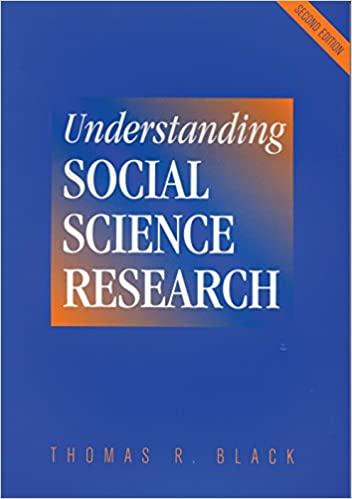Question
Part 1: first watch this 14 minute Ted Talk by Sarah JaneBlakemorecalled the Mysterious Workings of the AdolescentBrain. She talks about the part of our
Part 1: first watch this 14 minute Ted Talk by Sarah JaneBlakemorecalled the "Mysterious Workings of the AdolescentBrain". She talks about the part of our brain called thepre-frontal cortex (located in the frontal lobe). This part of the brain helps govern our decision making ability, our ability to anticipateconsequences, and other behaviors that we call "executivefunctioning". In the recent past, it was discovered that this part of the brain is not fully developed until about age 25! This explains the sometimes less than informed choices teenagers often make (that is my tactful way of saying stupid). Erratic teen behavior isn't purely because of hormones, it's because they have a fully functional emotional part of the brain (the limbic system), but an immaturepre-frontal cortex that helps regulate our emotional impulses.
TED TALK (click the following link): https://www.ted.com/talks/sarah_jayne_blakemore_the_mysterious_workings_of_the_adolescent_brain?language=en
Share your reactions with the class and answer the following *be sure to show an understanding of the TED Talk in your answers:
- What were three specific things you learned in this TED Talk?
- Were you surprised to learn that the pre-frontal cortex is not fully developed until age 25? Explain what you already knew about this part of our brain.
- Looking back on your teen years (and many of you are still teens), can you link/give an example of how the limbic system and the lack of a developed pre-frontal cortex lead to a bad personal choice or impulsive decision? Make sure you refer to parts of the limbic system in your answer.
- What implications does this have for our social policies and how we define adulthood? This is an open ended question that you can speculate on to engage in critical thinking (i.e. there isn't one right answer, so don't be intimidated by the question). Examples to connect might include voting age, age of military service, age of purchasing guns, drinking age, etc.
Step by Step Solution
There are 3 Steps involved in it
Step: 1

Get Instant Access to Expert-Tailored Solutions
See step-by-step solutions with expert insights and AI powered tools for academic success
Step: 2

Step: 3

Ace Your Homework with AI
Get the answers you need in no time with our AI-driven, step-by-step assistance
Get Started


